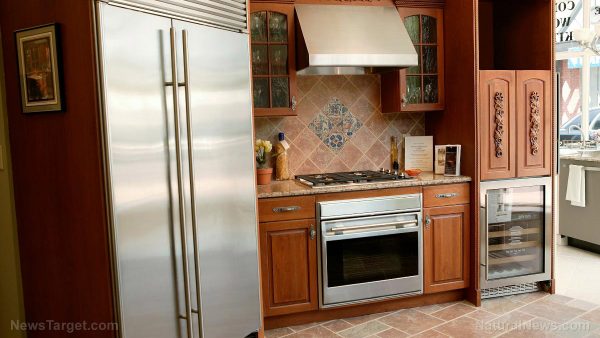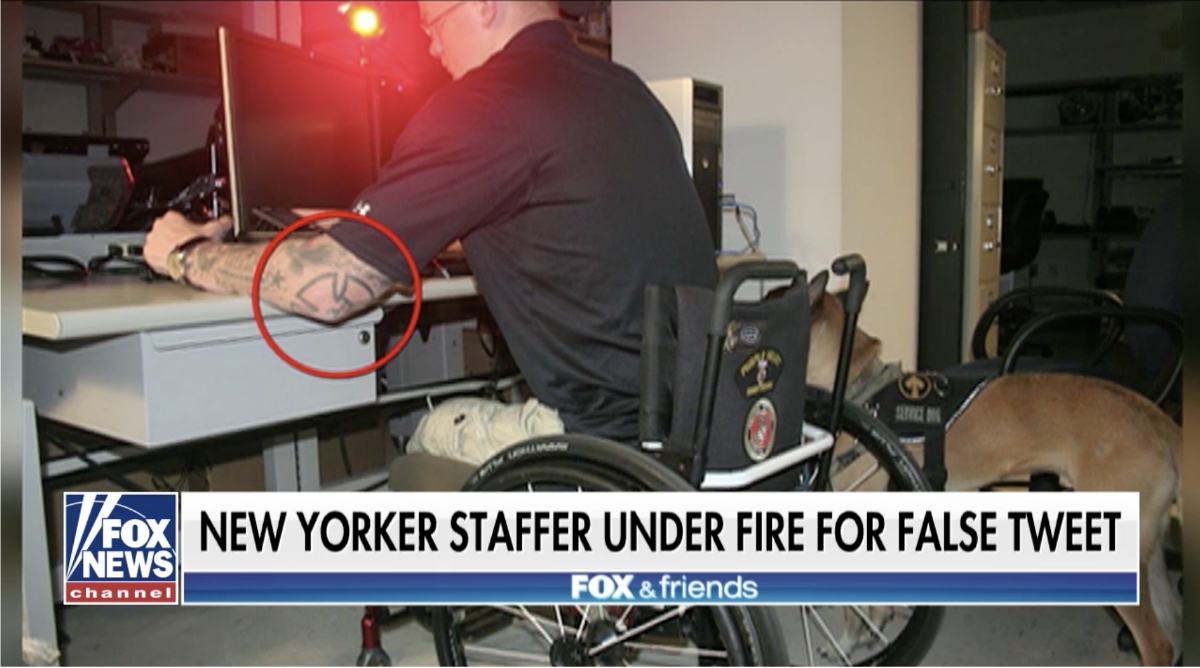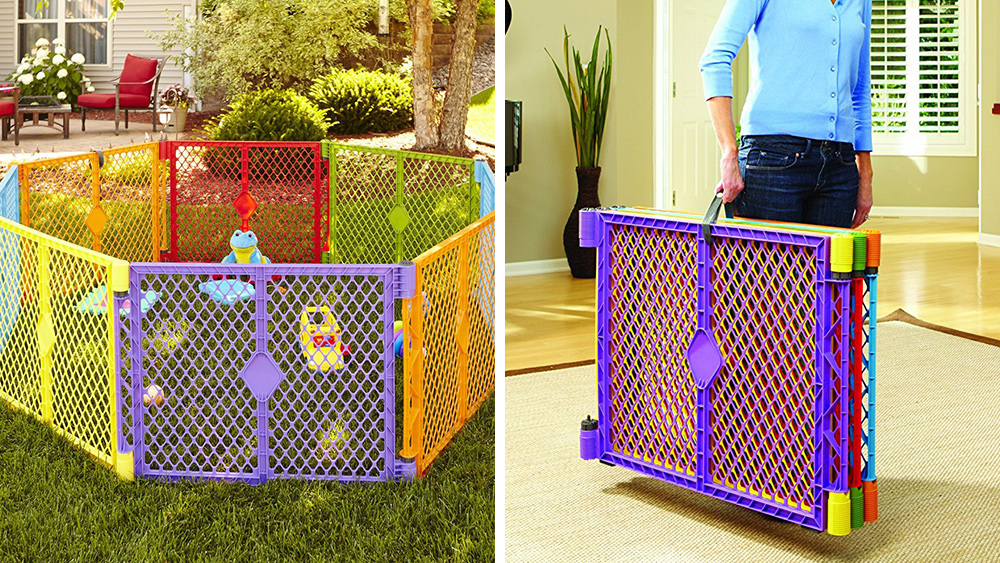Big brother is everywhere these days, and the worst thing about it, is many of us are voluntarily inviting the surveillance into our own homes. Giddy at the prospect of new and exciting electronic gadgets, we seldom stop and think about the broader implications of bringing such new purchases home. And many of the latest breakthroughs in technology are pushing us further and further along the path to total laziness and a completely sedentary lifestyle.
One such device is the new Bosch mini-camera, which can be placed inside your refrigerator and is linked to a mobile app on your phone, enabling you to sit on your couch and see what is or isn’t in your fridge.
Shoppers will be able to determine from a distance exactly what produce they need to pick up at the store, and will even be able to zoom in on specific items to check if they’re as fresh as they should be. No longer will a casual glance at that squishy cucumber fool you into thinking it’s still yummy, when in fact it’s way past its sell-by-date.
This little device is one of many being launched by Bosch as part of its “smart home” range, all of which will connect household appliances to a mobile app on customers’ smartphones.
Other offerings include a camera and microphone installed on your doorbell, which will connect to the app whenever someone rings the bell, enabling the homeowner to arrange what to do with packages or chase unwanted visitors away without even being present in the home. Controls for ovens, heating, lights and cameras, all linked to the mobile app, are other devices being touted as essential safety gadgets.
“All of this is about safety in the home,” said Steffen Hoffman, president of Bosch in the U.K. “If you’re in the supermarket you can check the fridge, or if you’ve lost your wallet you can check if you’ve left it on the table. We have this outdoor camera which means from wherever you are, you can talk to someone at your door, for example the delivery guy. People might me [sic] much more comfortable having that kind of control, often when they are getting older.”
Bosch is by no means the only company to bravely enter the futuristic device market. In 2014, Google purchased Nest, a home automation company, for $3.2 billion. The Nest Learning Thermostat allows users to program their thermostats to the exact temperatures they like, can be switched off remotely from outside the home, informs householders about their energy consumption, chats to you with a friendly human voice to give you a “heads-up” if smoke is detected, and even sends a message to your mobile device to warn you if the batteries are running low.
By now we’re all familiar with Amazon’s Echo, a voice-activated device which places calls, plays your music, sends messages, reads to you, answers questions, informs you about the news and weather, and much more.
While the convenience of these types of devices may appear alluring at first glance, we have to stop and ask: Are they truly necessary? Is it really so hard just to open the fridge door and look at what’s inside before heading to the store? Is it truly so time-consuming and laborious to read for ourselves what’s happened in the world or to check on that day’s weather? Do we really and truly need a device to put salt on our food? In a society which is already crippled by obesity, should we not be looking for ways to be more active rather than less so? And should we be handing total access to our private lives to electronic devices and those who could potentially monitor them?
Sources:
DailyMail.co.uk
Telegraph.co.uk
Amazon.com




















